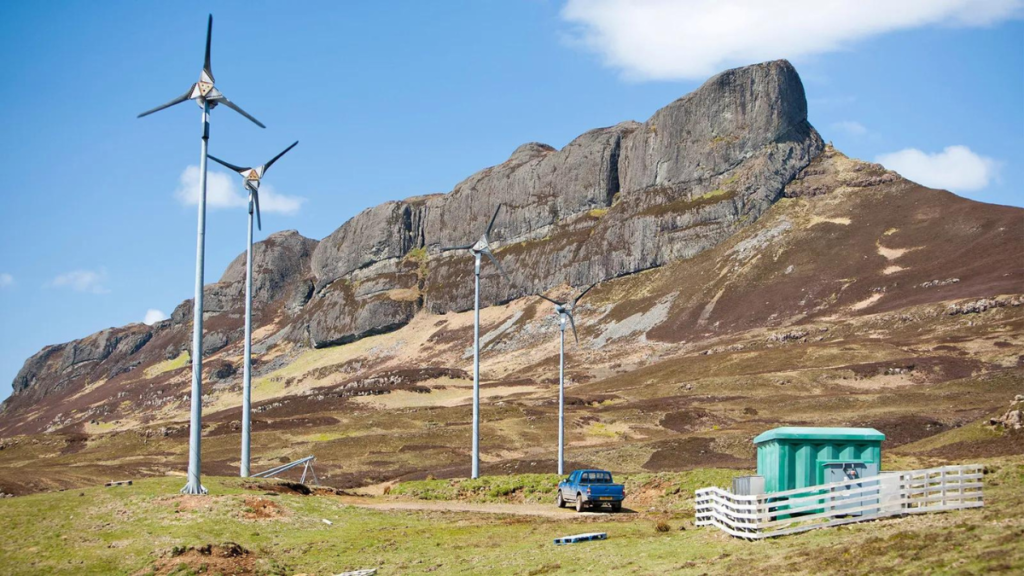The Isle of Eigg is one of the Small Isles in the Scottish Inner Hebrides and is reached by ferry from the mainland. Waste is not an option in the island and crofting lifestyle, so a focus on sustainability is essential. Eigg, Canna, Sanday, Rùm, and Muck are home to a combined total of 150–200 people in the British Isles. Having roughly 110 residents makes Eigg the most populous island despite being the second smallest in terms of geographical area, and this has contributed to the growth of a community that has taken responsibility for shaping the island’s future.
In the summer, you can take a ferry from Arisaig to Eigg, and in the winter, you may take one from Mallaig. Both Lageorna and Eigg Camping Pods are community-owned companies, with the latter providing bed & breakfast and self-catering options near the island’s northern beaches. There is a three-course, four-star restaurant at Galmisdale Bay Cafe & Bar and Lageorna.
To explore The Isle of Eigg visitors can see the quartz Singing Sands, climb An Sgurr, hire a bike or kayak, join a guided nature walk, and discover more about the island’s history at the museum in The Old Shop and the Cleadale Crofting Museum. The months of May through September offer the ideal weather on Eigg.
Singing Sands beach and the towering pitchstones ridge of An Sgurr are two of the most well-known natural attractions on the Scottish island of Eigg, which is ideally suited for individuals interested in the outdoors. The island remains pristine because it has not been modified by the factories that have blighted the rest of Britain.
In 2008, Eigg was the first place in the world to implement a completely renewable energy-based electrical grid. Because of how well the three systems work together, power can be generated in virtually any climate. The new renewable system will help people and the planet in many ways, including keeping the cost of living from rising as a result of the global energy problem.
As part of its efforts to reduce its environmental impact, Eigg is conducting a second feasibility assessment into become carbon neutral. They want to construct a home and update the former doctor’s office to rent, all while testing out air source heat pumps.
The majority of island residents currently rely on wood-burning stoves to keep warm. Eigg is running a sustainable forestry initiative to secure supplies, cutting trees to produce firewood for the islanders and timber for export while simultaneously regenerating and growing woods. To replace the trees that were removed, a tree nursery has been established.
There are more people living on Eigg now than there have been in at least fifty years, and the biggest problem appears to be finding permanent housing for those who are currently staying in caravans or other temporary structures. This increase and need for homes opposes the fear of depopulation experienced by many islands, and this optimism seems to be shared by the wildlife.
Read More : rubblemagazine.com







